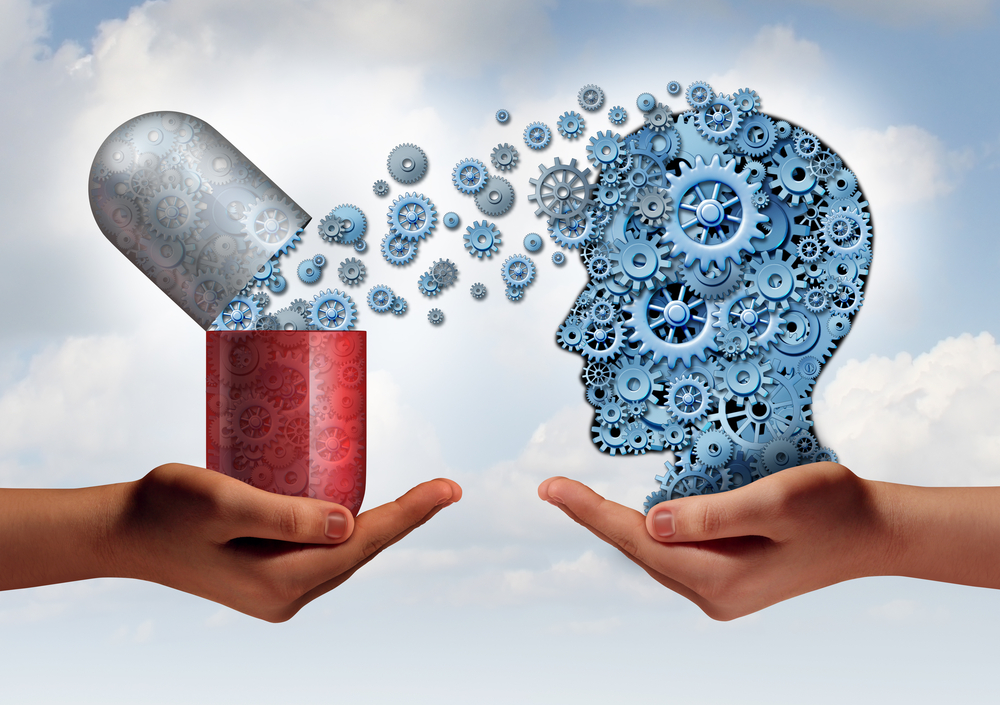What is the one thing you feel like you cannot do without? Something that you keep thinking about, influences your decisions, and seems to have a hold over you. Addiction is a powerful force that can manifest in various forms, from substances like drugs and alcohol to behaviors like gambling or even technology. It is the persistent craving, that persistent need for something, that keeps you hooked, even when you know it may not be healthy.
Most of us have been addicted to something at some point in our lives, but the difference comes in how you handled it. In this read, we will delve deeper into what addiction is and all it is about.
Signs of addiction?
How do you know you are addicted to something? There are some signs that manifest clearly that affect not only the victim but also the people close to them. Some of these signs include:
Changes in Behavior
Addiction often leads to noticeable changes in behavior. Keep an eye out for increased secrecy, hiding activities, or withdrawing from social interactions. People who are struggling with addiction often neglect their responsibilities and obligations, displaying a lack of interest or commitment. Additionally, they may experience sudden mood swings, irritability, and engage in risky behaviors.
Physical Symptoms
Our bodies are a reflection of our overall well-being, and when it comes to addiction, physical symptoms can be telling signs of an underlying issue.
The physical symptoms that people with addiction might experience can vary based on the substance or behavior involved. For instance, a heroin user may display bloodshot eyes, dilated pupils, or unexpected weight loss or growth. On the other side, a gambler with an addiction might exhibit agitation, sleeplessness, or changes in appetite.
Emotional and Psychological Signs
Addiction takes a toll on an individual’s emotional and psychological well-being. If someone starts showing no interest in something they previously enjoyed, it can be a red flag. Additionally, feelings of guilt, shame, or anxiety related to the addiction may also be present. You may also find that the victim may isolate themselves from friends and family, leading to relationship problems and social withdrawal.
Impact on Daily Life
The effect addiction has on a person’s daily life is one of its most obvious symptoms. Keep an eye out for deteriorating performance at work or school, as addiction can impair motivation, productivity, and focus. Financial difficulties can also arise as excessive spending on the addiction becomes a priority over meeting financial obligations and responsibilities.
How to Deal with Addiction
Overcoming addiction is a challenging journey that requires determination, support, and a comprehensive approach. If you or someone you know is struggling with addiction, here are some strategies to help navigate the path to recovery:
Acknowledge the Problem
Many people who are addicted to something are often in denial. When someone points out that they are addicted, they will most likely be defensive and try to deny it. Well, the first step in dealing with addiction is recognizing and admitting that there is a problem. Acknowledging the issue is crucial for initiating the healing process.
Build a Support Network
Surrounding yourself with a supportive network of family, friends, or support groups can be instrumental in your recovery. Share your struggles with trusted individuals who can offer encouragement, understanding, and accountability.
Develop Healthy Coping Mechanisms
Replace addictive behaviors with healthy coping mechanisms. Engage in activities that promote physical and emotional well-being, such as exercise, hobbies, mindfulness, or creative outlets. Find healthy ways to manage stress and deal with emotions.
Set Realistic Goals
Recovery is a gradual process, and setting realistic goals is essential. Break down your journey into manageable steps and celebrate each milestone along the way. For instance, if you are addicted to gambling, you can set time limits and reduce the number of times you take advantage of bonuses such as the Red Stag casino bonus. Remember, setbacks may occur, but they are opportunities for learning and growth.
Avoid Triggers
Identify and avoid triggers that may lead to relapse. This could include specific environments, people, or situations associated with your addictive behaviors. Develop strategies to navigate these triggers and establish boundaries to protect your recovery.
Maintain Self-Care
Prioritize self-care in your recovery journey. Focus on nourishing your mind, body, and soul through proper nutrition, regular exercise, quality sleep, and self-compassion. Taking care of yourself holistically can support your overall well-being and strengthen your resilience.
Stay Engaged in Treatment
Commit to ongoing treatment and therapy even as you progress in your recovery. Continued engagement in therapy sessions, support groups, or aftercare programs can provide valuable guidance, accountability, and reinforcement of healthy habits.
Embrace a Positive Mindset
Cultivate a positive mindset and believe in your ability to overcome addiction. Surround yourself with positive influences and inspirational resources that reinforce your commitment to a healthier and happier life.
Take One Day at a Time
Recovery is a lifelong journey, and it’s important to take it one day at a time. Focus on the present moment and the small steps you can take each day toward a better future. Celebrate your progress, learn from setbacks, and stay committed to your recovery goals.
Seek Professional Help
Addiction is a complex condition that often requires professional guidance. Reach out to healthcare professionals, therapists, or addiction counselors who specialize in treating substance abuse or behavioral addictions. They can provide valuable insights, therapy, and treatment options tailored to your specific needs.
Remember, overcoming addiction is a personal and unique process. It’s essential to tailor your approach to fit your individual needs and seek professional guidance along the way. With determination, support, and the right strategies, you can regain control of your life and embark on a fulfilling and addiction-free future.
If you want to deepen your understanding of addiction and its impact, it’s crucial to recognize the signs. Learn more about signs of addiction by exploring this website and gain valuable insights into this complex issue. Understanding these signs can be the first step toward helping your loved one on their path to recovery.





